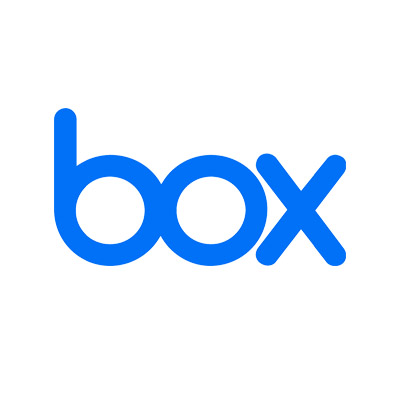
What is CRM software
Put simply, CRM which stands for Customer Relationship Management software helps you manage all of your customers as well as your potential customers (leads). The software automates and implements processes which help put all of your communication with them into one place, whether that's your calls, emails, LinkedIn messages, website enquires and so on. It helps you to then be able to track and see an overall picture of your business, the customer lifecycle and the sales processes.
Another focus of CRM tools is to help you both automate and nurture your leads and turn them into customers, the tools help you cut to automate any repetitive processes so you can focus on the key parts to close deals, you can do everything from getting notifications of when leads open up emails you've sent to assigning certain leads to certain people in your company.
What kind of businesses are CRMs for
Most CRM that you use will be able to be customized to meet your business and its needs, so whether you're a B2B business focusing on selling advertising spots to a B2C business selling windows, each platform can be made to fit your business needs and use. Some CRMs however will have a focus on certain sized companies for example Oracle is a CRM that is more focused at large companies due to the cost, where as Monday.com has a lower cost so it's more accessible for entrepreneurs of all sizes.
Generally speaking, if your business deals with customers and leads as well as having a range of ways that you communicate then a Customer Relationship Management software is something that more than likely will help your business and so is certainly worth exploring. As with any new software or tool that you integrate into your business it can be a learning curve and you will need to dedicate time to make sure you set up processes and integrate existing tools you use to ensure you maximize the benefits of the software.
Do I need a CRM?
The quick answer to this is, if you business sells something to customers, then you more than likely will need a CRM. Need may be too stronger a word but essentially you can really benefit from implementing one into your business. Think of it as a tool that will not only save you time by automating tasks, but one that will increase productivity, increase the likelihood of closing deals and overall making managing both your existing customers and potential customers much more effective.
Many founders who have implemented CRMs into their business can't imagine running it without them, it just takes a little time and thought process to find the right CRM for your business and time to actually set it up correctly and make sure everyone in your business understands it and can use it.
What is the most popular CRM?
Popularity doesn't always mean the best, but it does give you an indication that thousands of people are using the software and therefore likely to be enjoying it, when it comes to finding out what is the most popular CRM software we look at a mixture of factors:
- Visible number of customers (i.e if a company says they have X number of users)
- Google Ranking
- Funding and Revenue
- Number of reviews
- Brand awareness
The majority of people will have heard of a lot of the most popular CRM tools below but you may not have heard of them all, we won't go into detail in this section on each but will give you a brief overview. Please note that this list is in no particular order (and is not in order of size) , simply a list of some of the biggest and most popular CRM's.
- Monday.com - One of the largest, it's designed to be suitable for businesses of all size
- Hubspot - Having a range of different 'Hubs' this CRM is extremely versatile
- PipeDrive - A CRM with focus on the sales and pipeline side of things
- Salesforce - A well known CRM with a sales focus
- Zendesk - Another popular CRM with a customer service focus
- Zoho CRM - CRM options for businesses of all sizes
- FreshSales - Sales and Marketing CRM
- Keap - an all in one CRM
Do CRMs integrate with other software?
Most CRM software will connect with the majority of other tools that you use from your emails such as Gmail, Outlook, Mailchimp, Sendinblue etc to your communications such as Slack to your sales systems such as Stripe. Some of the most popular integrations are Dropbox, Teams, Google Calendar, Zoom, Excel, Linkedin, Zapier, Google Drive, Facebook, Github, Asana and Salesforce.
If there is a specific tool or software that your business uses that you need to integrate with a CRM we highly recommend that you check on each CRMs website to see which they are compatible with, most CRM businesses will list every tool that can integrate with them, if you use something quite niche then it may reduce your choice of CRM tools down, where as if you use a more common tool it's likely the most of the big companies who provide CRMs will have this integration as an option.
.png)



























